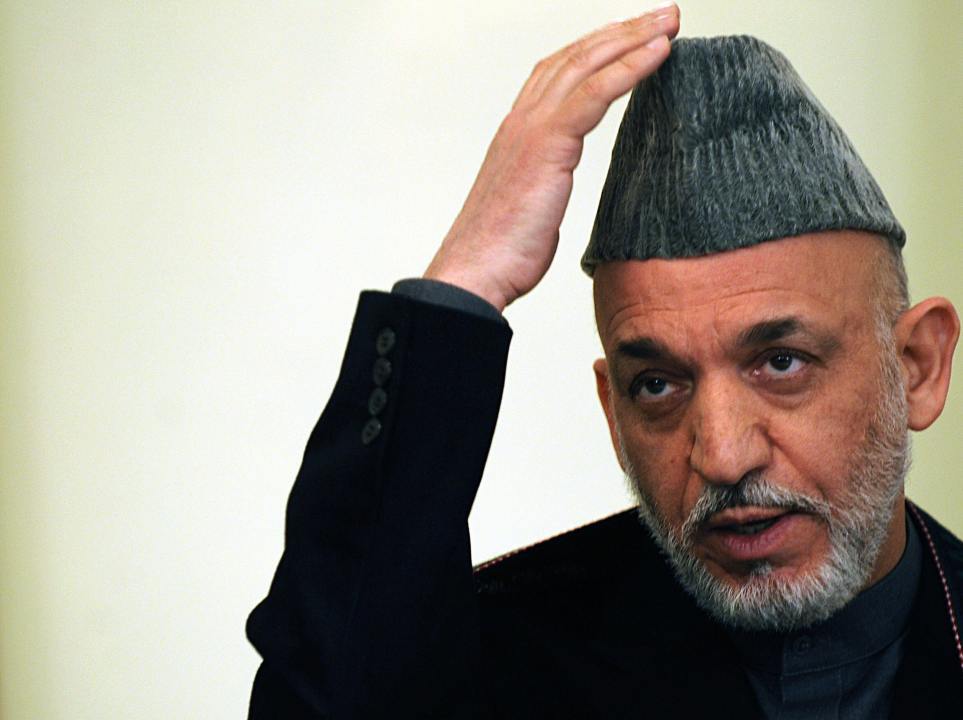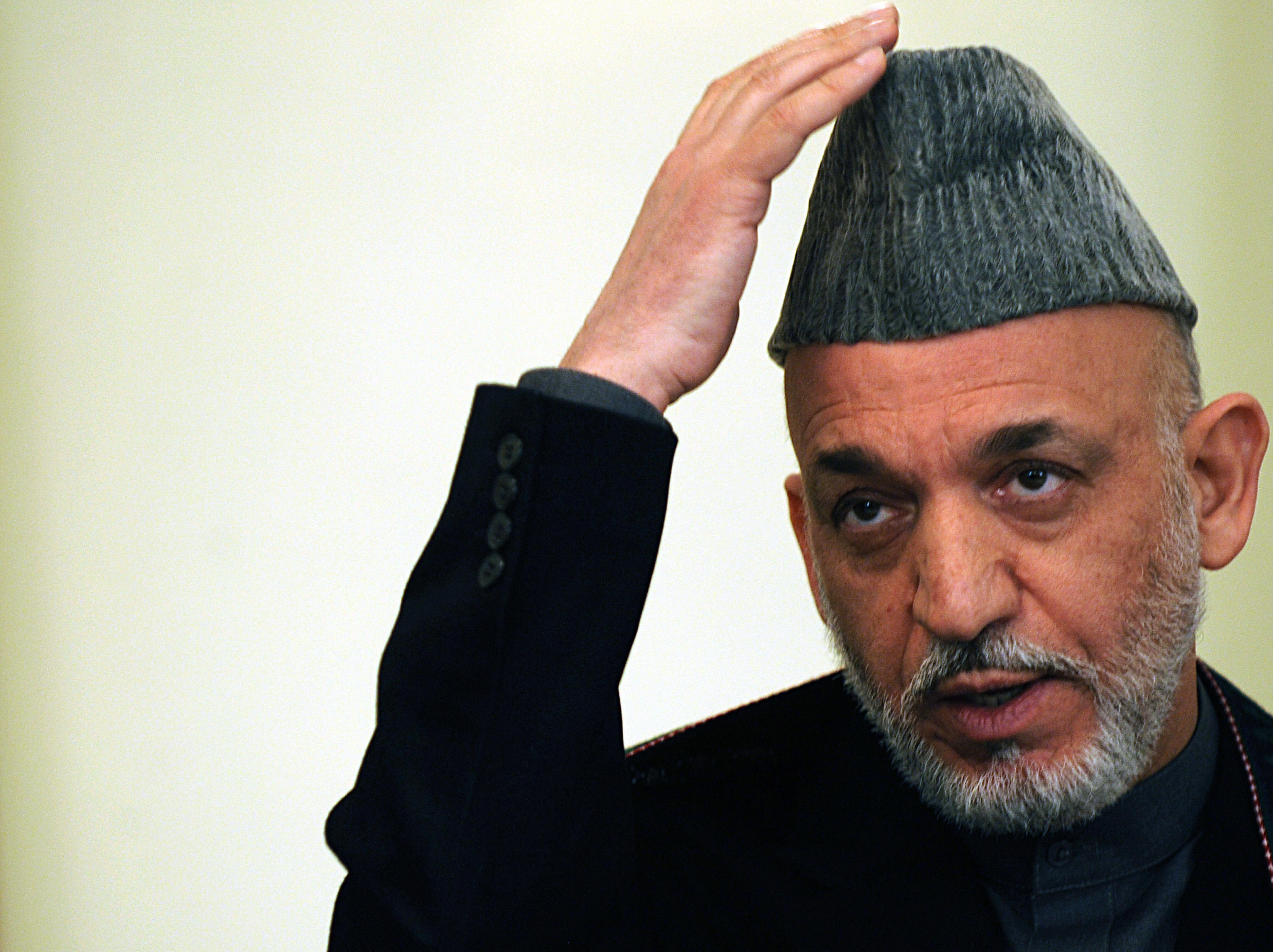 The political class loves polls. They tell them — or at least they think they tell them — what the public think. The hunger for polling data has now spread to post-conflict situations. Want to know how things are going in Afghanistan? Commission a poll.
The political class loves polls. They tell them — or at least they think they tell them — what the public think. The hunger for polling data has now spread to post-conflict situations. Want to know how things are going in Afghanistan? Commission a poll.
So this week David Miliband has been hitting the airwaves to respond to a new poll of Afghan opinion. The poll, the fourth conducted by an international media consortium since 2005, showed falling support for President Hamid Karzai, and a sharp decline in the proportion of people who think the nation is heading in the right direction, from 77 percent in 2005 to 40 percent now. This sits well with the Asia Foundation’s survey last year, which found that 38 percent of Afghans thought the country was headed in the right direction (compared to 42% in 2007, 44% in 2006, and 64% in 2004).
But before rushing to conclude lots of different things about what Afghans think, it is worth dwelling on the particular challenges of polling in post-conflict societies. Though Afghan polling has become increasingly sophisticated since the first survey in 2004, it’s still nowhere like polling in the UK or the US. First, there is no real baseline data because there has not been a census for years: who knows if a sample is really representative? On top of that, the security situation and the lack of infrastructure skews polling towards people in urban centres. Few people in southern Helmand are likely to have been polled.
Then there are cultural filters to contend with. Few people tell the truth. Unlike in the West, where a pollster can honestly say – and have a survey-filler believe – that any answers will be kept confidential, many Afghans will fear that their answer will not be kept secret. Woe betides someone who says that the local commander is not doing a good job or praises the Taliban too fulsomely. Then there is question of individual views as opposed to corporate views, whether these be clan or tribal. In a culture where deference to elders is key, few will want to contradict what they know to be the views of their social superiors.
British ministers are keen to find succour for their policies and so highlight those parts of the polls that support their view – e.g. that Afghans are broadly happy with their lot – and neglect those that make for uncomfortable reading, such as the drop in support for the presence of international troops. But they would probably do well to take both numbers with a pinch of salt.







Comments